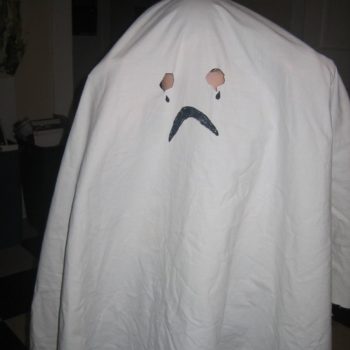There are a lot of sleep disorders, and if you have any problems with sleeping you may have one of them. Even though there are many more sleep disorders than five, here are the five most common sleep disorders.
- Sleep apnea: This is when someone stops breathing in their sleep. Some of the symptoms of this sleep disorder are snoring, waking up still tired, difficulty concentrating throughout the day, feeling very tired during the day, difficulty staying awake when inactive, and if someone else notices interruptions in your breathing while you sleep.
- Insomnia: This is when someone has difficulty getting to sleep or staying asleep. Some of the symptoms of this are difficulty falling asleep, difficulty staying asleep, waking up early in the morning, feeling tired during the day, feeling irritable, and finding it hard to concentrate.
- Restless leg syndrome: This is when someone has unpleasant sensations and feelings in their legs while they are trying to sleep. This causes the person to want to move their legs a lot making it extremely hard to fall asleep. Some of the symptoms of this are feeling like you have to move your legs, and a tingling feeling in the legs.
- Narcolepsy: This is when someone falls asleep not meaning to at any point during the day. Some of the symptoms of this sleep disorder are excessive daytime tiredness, hallucinations, cataplexy, and sleep paralysis.
- Night terrors: Typically occurring in younger children, this is when someone has feelings of extreme fear after suddenly waking during the night. Some of the symptoms for this are increased heart rate, increased breathing rate, and sweating during an episode of night terrors.
Any type of sleep disorder is not a good thing, but there are ways to manage and help fix sleeping problems. It can turn into a very unhealthy problem if someone does not get help or manage their sleep disorder, but there are plenty of ways to manage and help people with these disorders. I do not have any type of sleep disorders, so I do not really have any personal experience with this. Even though I don’t have experience with these, I have heard of a lot of people who do have some of these disorders. Ways that people with these disorders can manage them is with medications, and therapy. If someone with these disorders gets help with them, they will have a much better sleep experience.









13 Comments
Good post! Are there any sleep disorders which can have health risks?
This was very informative! How would someone know for sure they had one of these disorders?
Great post! what about sleep paralysis?
Could any of these symptoms be derived from stress? If so are there statistics on how many students who succumb to stress on a daily basis and are affected by a sleeping disorder?
I think this was a very interesting post and very educational to those who do not know about sleep disorders. I did learn one thing that we did not learn in psycology which was the restless leg syndrome. I never heard of that before and I found it very interesting. I was also wondering do you think restless leg syndrome could get mistaken with your leg falling asleep; or maybe someone having a dream about bugs or something crawling on their legs? Or do you think it feels completely different?
How common are these sleep disorders? This is a very interesting post.
This is a very good and informational post! Can you get treated for these sleeping disorders? If so, what are some of those treatments?
This is a very informational post, this is very helpful for people who do not understand sleep disorders.
Are there any other methods to manage a sleep disorder besides medicaitons or therapy? Very informative post!
Very informative post, as I am up at 2 o’ clock in the morning makes me wonder which one I have haha. Are there any long-lasting health risks to any of these disorders?
Are there any methods you could use to go about preventing any of these to happen to you? If so, what are they?
Is it true that when you mysteriously wake up from the middle of the night, you are to get up and keep you body awake because your body is giving you a sign that you are no longer tired. Then if you do not follow this and fall back asleep you are more likely to be tired when you do wake up.
This is really helpful and interesting! Is there anymore sleep disorders? Or were these just the most common?